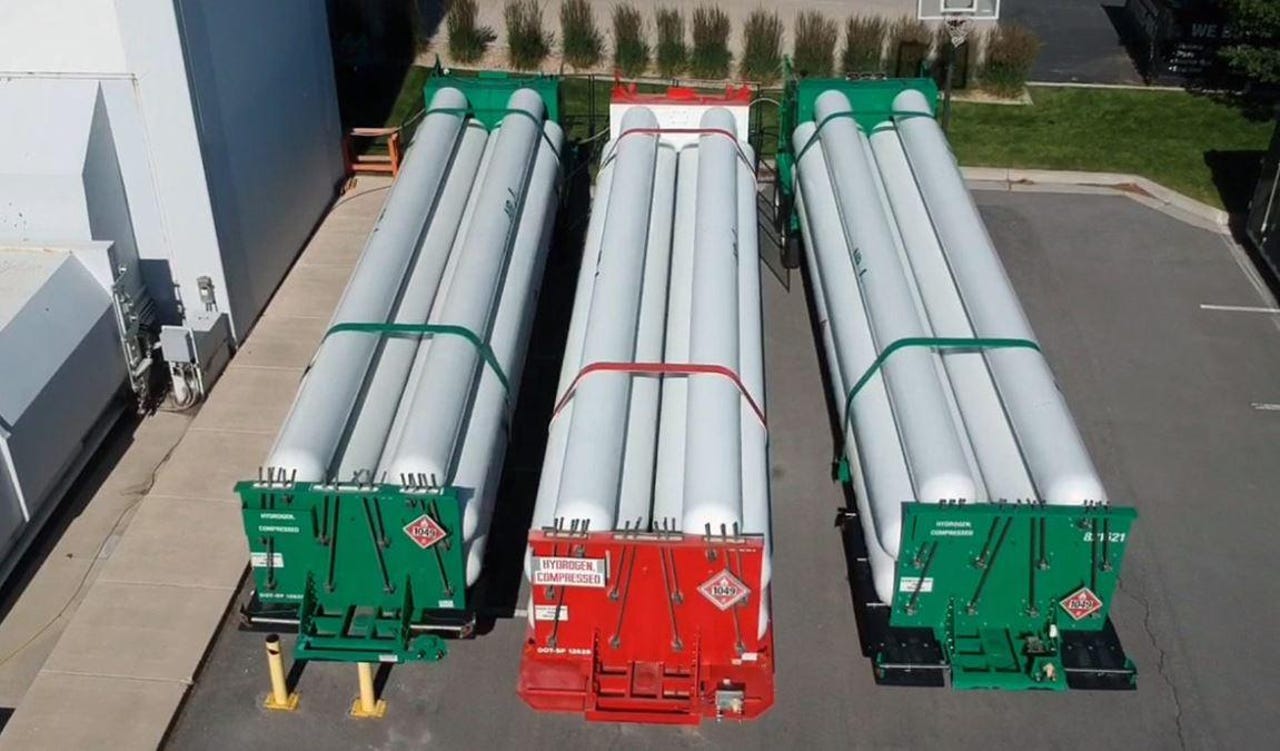Microsoft is testing the use of hydrogen fuel cells in lieu of diesel for its Azure datacenter servers


On July 27, Microsoft announced it had completed a milestone in its test of using hydrogen fuel cells to replace diesel. Microsoft officials have said the company is planning to eliminate its dependency on diesel fuel by 2030, the same year it is aiming to be carbon negative.
Microsoft officials noted in a blog post that diesel fuel currently accounts for less than one percent of Microsoft's overall emissions. Its use is primarily within Azure datacenters for diesel-powered generators that can be used during power outages and other disruptions.
Recently, hydrogen fuel cell costs have plummeted, making them an economically viable alternative to diesel-powered options, officials said.
In addition, "an Azure datacenter outfitted with fuel cells, a hydrogen storage tank and an electrolyzer that converts water molecules into hydrogen and oxygen could be integrated with the electric power grid to provide load balancing service," said Mark Monroe, a principle infrastructure engineer in Microsoft's datacenter advanced deployment team.
As of this week, Microsoft has used hydrogen fuel cells to power a row of data center servers for 48 consecutive hours as part of a test.
In other Azure-related news, Microsoft has added some new options to its Azure Migrate collection of tools for data center assessment and migration. Last week, Microsoft announced it is adding to the Azure Migration Program support for migrating on-premises Virtual Desktop Infrastructure to Windows Virtual Desktop; and migrating on-premises .NET web apps to Azure App Service/Azure SQL.
"I'm talking to customer more about migration than almost any other space right now," said Jeremy Winter, partner director of Azure Management.
Winter said Microsoft has been working to consolidate its migration tooling. It's also extending capabilities for customers who want to create assessments off their own configuration-management database, as well as for customers interested in assessments around VMware migrations.